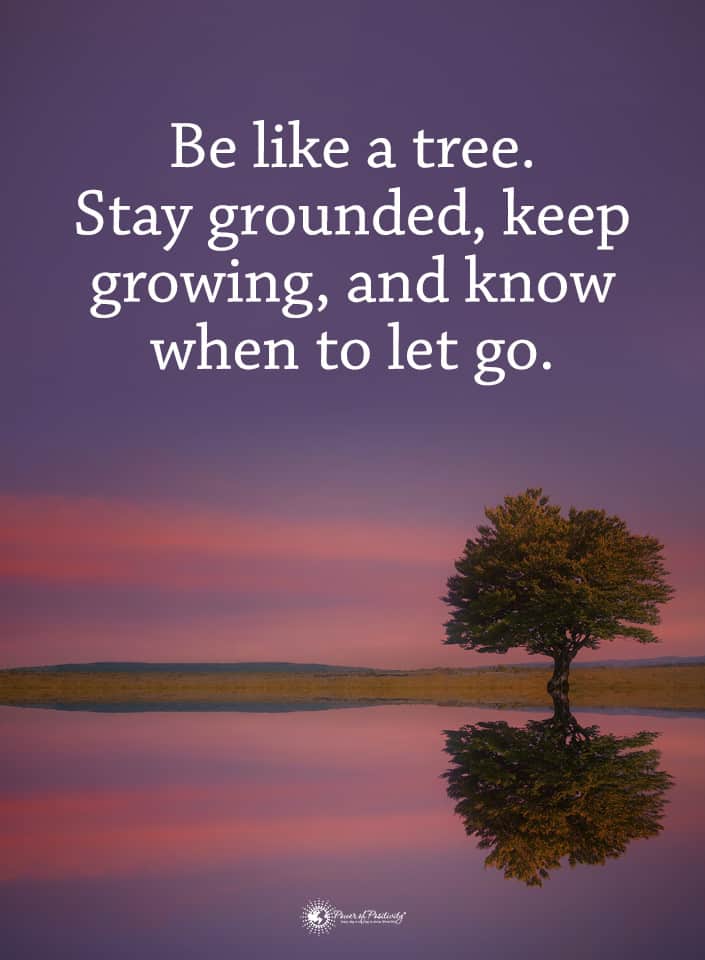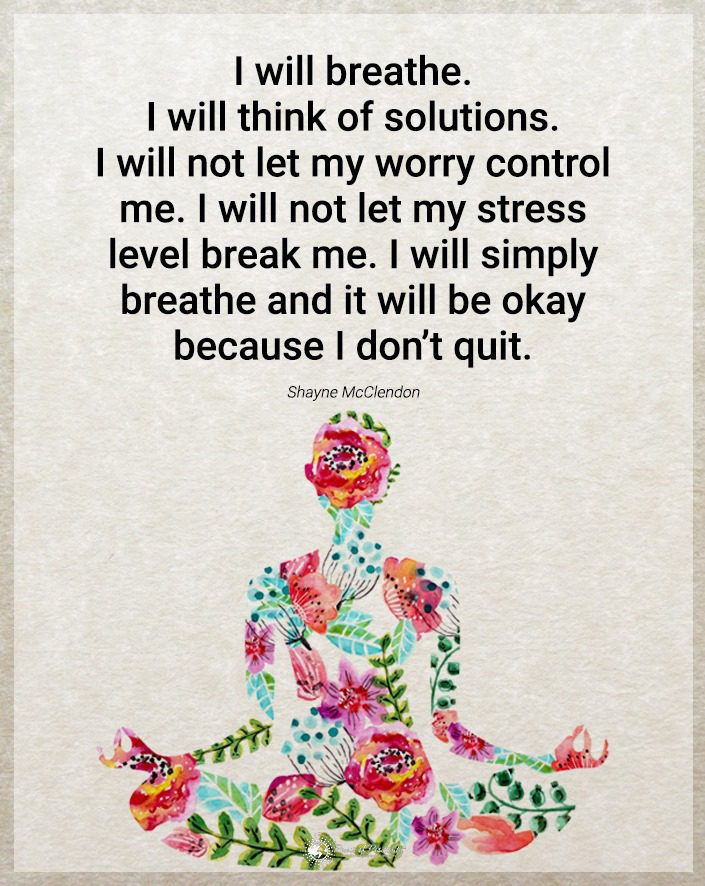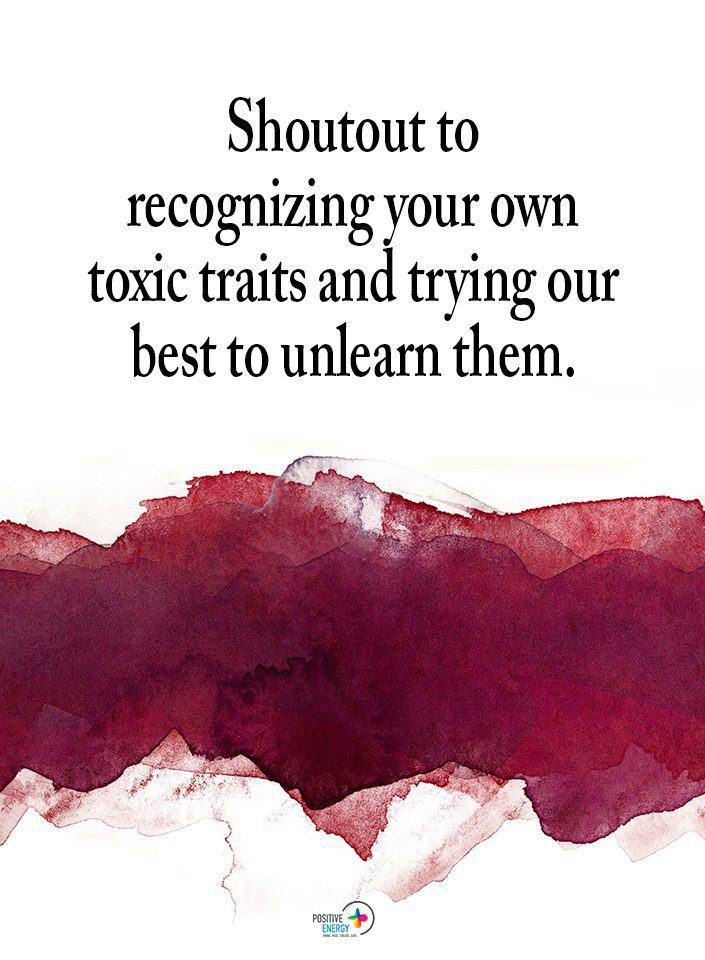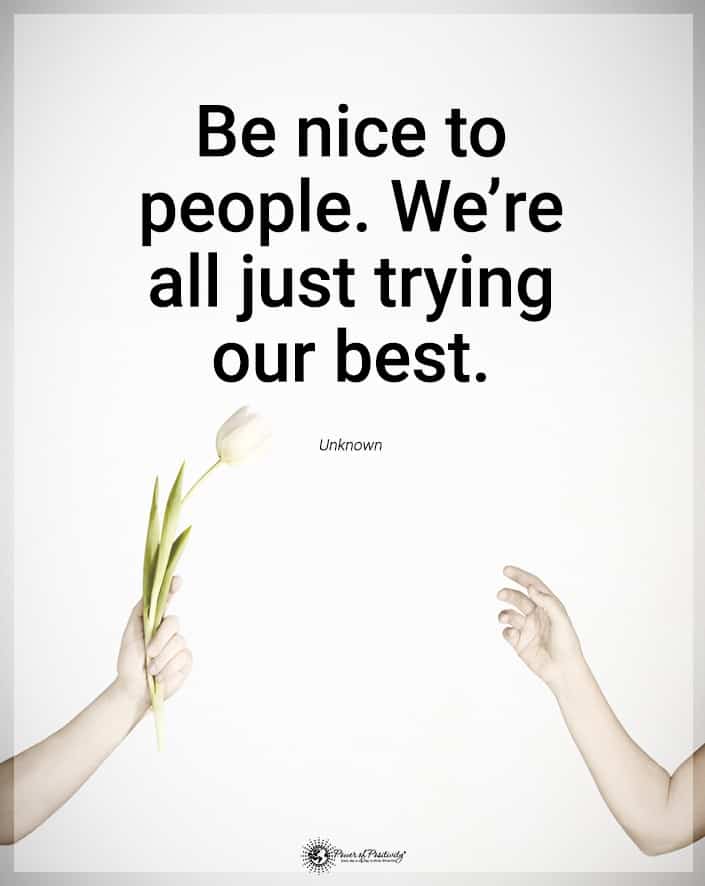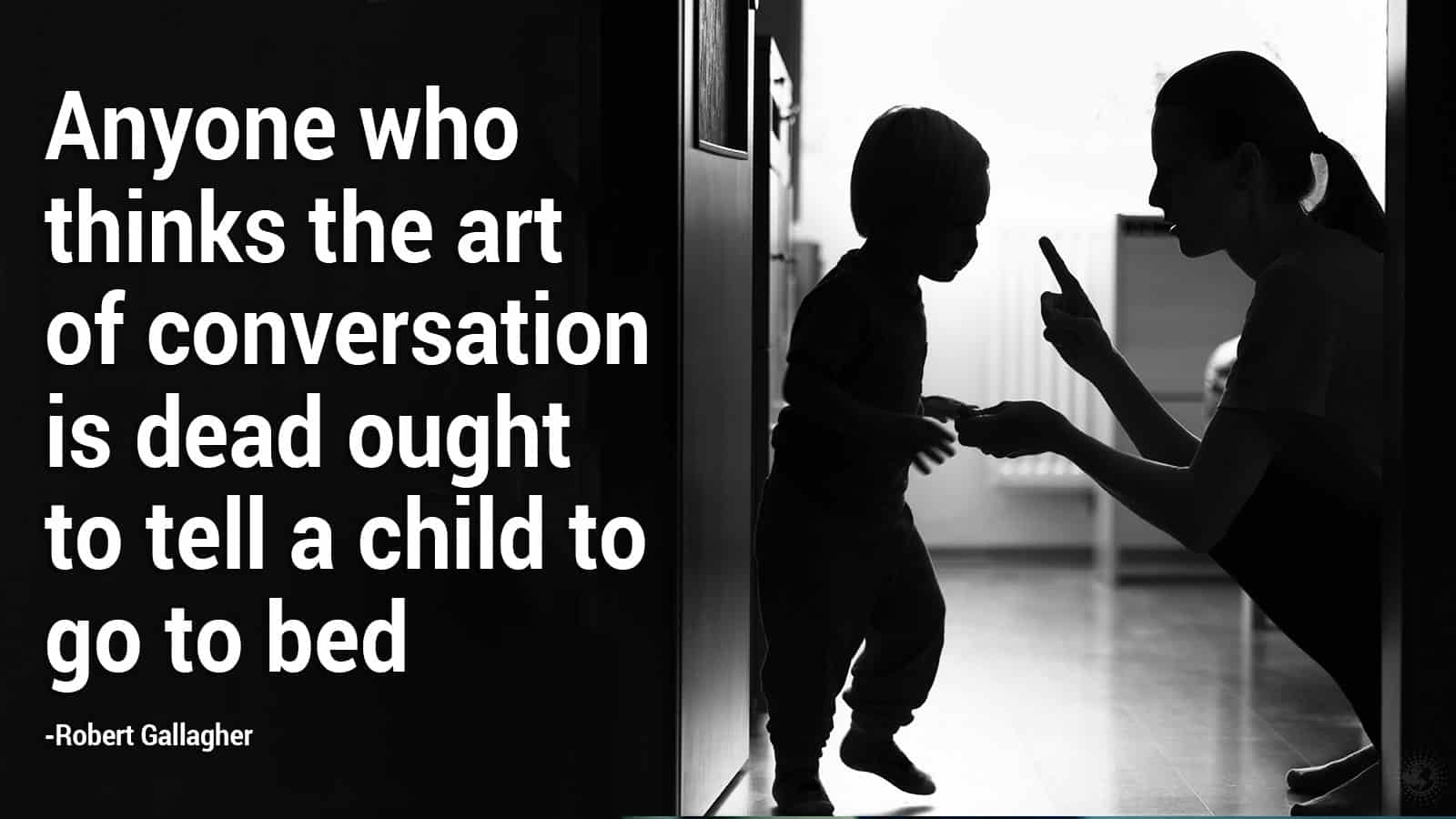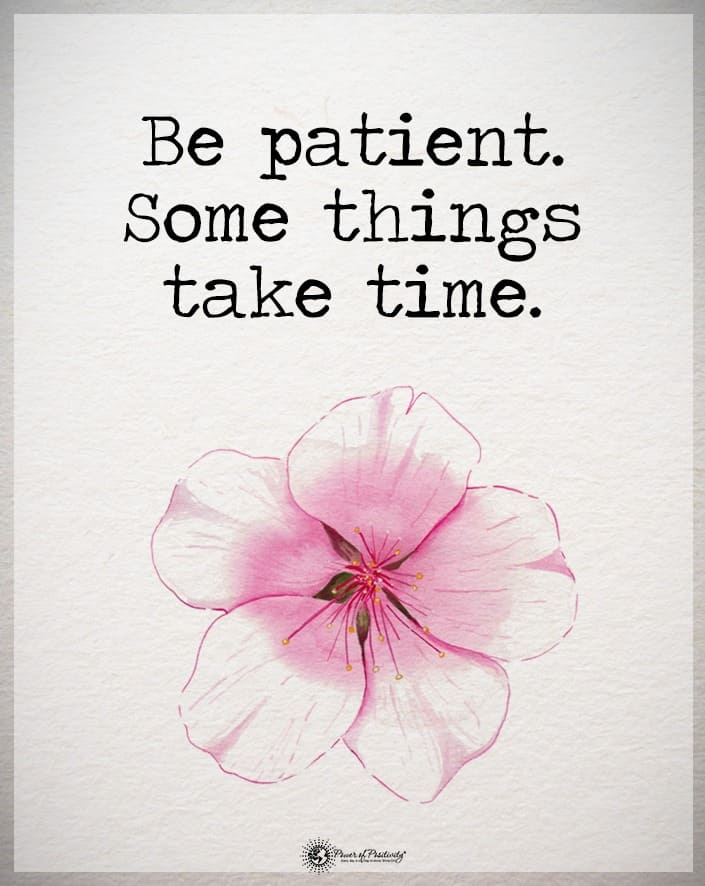Mindfulness, or the act of being present in the moment, is likely a word you’ve heard a lot in wellbeing circles. It’s been known for its many benefits to both physical and mental health. Notably, it has a reputation for increasing happiness.
It’s hard to believe that something so simple could be so good for your mood and life satisfaction, but it’s true! How? Read on to find out. Here are 6 reasons why being present in the moment increases happiness.
1. Being Present Improves Relationships
Relationships aren’t the cornerstone of happiness, but they play a significant role in wellbeing and life satisfaction. Human beings are highly social creatures and, since the dawn of mankind, we’ve been interacting with each other and forming communities. Even introverts benefit from a couple of friends and close relationships!
Being present in the moment is an integral part of spending quality time with those who matter. They may be family members, friends, a significant other, or even a colleague with who you’re working closely. If you want to foster these relationships, being present is an asset to you. This is because:
· It Provides Attention When You Are Present
Everyone is distracted occasionally. But have you ever hung out with someone who is constantly on their phone or keeps asking you to repeat things because they divvy up their attention? These types of relationships often end up leaving a sour taste in the mouths of others. Eventually, people on the receiving end of the inattention start thinking that the person doesn’t really want to be there. In addition, those who aren’t present may drift to worries and concerns about the past of the relationship or what to say next. You can’t pay attention and will be a worse listener.
· It Reduces Self-Consciousness
Self-consciousness is common among those who struggle to stay in the moment. They think about times past when they may have done something they perceived as embarrassing. But they wonder what will happen if they speak now. They wonder if someone meant something else by their prior statements. When you stay present, you shed that self-consciousness and can interact with others more genuinely. You establish and assume rapport in a healthy way instead of being overcome by nervousness!
· It Promotes Relationship Acceptance
Studies have shown that mindfulness – that is, the act of being present in the moment – is beneficial for romantic relationships. This is because it promotes acceptance. When you live in each moment entirely, you’re less likely to focus on mistakes and flaws, especially if they’re in the past. You don’t focus on things you wish they had or unique traits you wish they’d display. Instead, you focus on fully experiencing and appreciating everything about your partner! This can, presumably, be applied to non-romantic relationships, too.
2. Being Present Improves Stress Management
Being present in the moment means you don’t overthink the future or the past. This rumination reduces the amount of stress you have to deal with, as you won’t need to stay hung up over things you can’t change or control. It also allows you to manage stress in your day-to-day life more positively and beneficially, so you end up happier. This outcome happens because:
· You Stop Avoiding Stressors
Instead of avoiding and repressing sources of stress, you’re able to view them with detached and rational eyes. You don’t store them away, where they’ll build up and explode later. You handle them now, acknowledge what you experience, and accept them with mindfulness. Studies have shown that this is beneficial for long-term stress management and response!
· You Stop Overthinking
If you’re a chronic overthinker, you probably realize that nothing you’re worried about is genuinely in the moment. It’s about what may happen in the future based on what you do now, informed by various anxieties from your past. This kind of rumination often leads to catastrophizing, a real drain on your happiness. Being present allows you to release your attachment to those things.
· You Learn To Release Stress By Being Present
A lot of aspects of mindfulness involve healthy methods to release stress. You learn breathing exercises, meditative practices, and how to observe your thoughts and release them. This is crucial in releasing and relieving stress without bottling it up and repressing it, allowing you to live more freely and happily.
· You Have Fewer Symptoms Of Anxiety
Research has long shown that being in the present moment – and other forms of mindfulness – aid those with anxiety and depression symptoms. You can use mindfulness as a supplementary treatment for these disorders, and if the treatment works, you’ll be able to live more freely from more debilitating symptoms.
3. Being Present Makes You View The World With A Positive Lens
A lot of people have a cynical or monochromatic view of the world. It’s tough to keep viewing the world positively through the struggles you may face and the bad news you see around you. But being present at the moment allows you to have a more charitable view of the world you live in. This happens because of the following improvements:
· You Release Judgment and Labeling
When you’re not present, you spend a lot of time labeling and analyzing the world around you. When you finally stay in the moment, you release that tendency. You appreciate your surroundings, acting as a witness to them instead of a jury. This makes you feel happier and more satisfied with your life.
· You Notice Small Details You Usually Overlook
Mindfulness allows you to take note of things that you may not usually notice. You engage all your senses in the world around you and note various details. You may even notice some features you’d overlooked in things you see every day! It’s a beautiful way to live.
· You’re More Open To New And Different Things
Life satisfaction is rarely gained by staying static. If you want to achieve happiness, you should be opening yourself up to new experiences, different viewpoints, and unique challenges. This can sound daunting, but learning to be present at the moment can make it easier. You stop worrying about what happens next and start doing what moves you!
· Being Present Helps You Navigate Life More Playfully
Playfulness isn’t something that we should leave behind in childhood. It’s a great way to navigate the often complicated world of adulthood. You release the heaviness of the traditional idea of growing up and begin to view the world with more enjoyment. It only makes sense that this increases happiness!

4. Being Present Brings You In Touch With Yourself
Happiness often involves knowing who you are and being confident in that identity. Too many people struggle to understand their selves. If you don’t know who you are, it’s tough to be fully happy, after all. You can’t be satisfied by a truth that eludes you! Here are some ways that being present in the moment brings you in touch with yourself to boost happiness:
· You Let Go Of Your Presented Appearance
Whether consciously or subconsciously, many people present a particular facade to the world. There’s a way that we all want to be perceived, and we tend to project that. There’s nothing inherently wrong with that, but it can separate you from yourself to some degree. Being present in the moment brings you back in touch with your true self and lets you live your truth, filling you with meaning and happiness.
· You Understand What’s On Your Mind
Many people struggle to understand what’s going on in their heads. They have trouble tracing their issues and what’s bothering them to their roots. It’s tough to hold a mirror up to yourself like that! When you’re present in the moment, you can do this more naturally. You’re aware of yourself, your body, and your thoughts so that you can trace different triggers to their effects. You’re also able to manage these thoughts and regulate your emotions healthily!
· You’re Confident In Who You Are
When you’re more in touch with yourself, you view yourself more genuinely. You appreciate your strengths, weaknesses, and personality traits. Furthermore, you realize that you’re worth more than your titles, social status, education level, and more. You feel happier in yourself and aren’t going to feel inferior or superior. You’re just you, and you’re at peace with that!
5. Being Present Improves Your Physical Health
Physical health isn’t always tied to happiness, but it’s undoubtedly a factor in mental health. When you’re physically unhealthy, you often feel worse in general, and your moods can be more unpredictable. The better your body feels, the better your brain feels too. Here are some more direct ways that being in the moment helps physical health:
· It’s Easier To Exercise
Getting active is crucial to health, and it also releases tons of endorphins that improve your mood. You don’t have to have a complicated gym routine to get enough exercise, and being present at the moment can be sufficient motivation for the activity. You’ll want to get moving to feed your senses, and when you are doing a more complex workout, you’ll be able to appreciate it. You won’t be stuck wishing you were anywhere else – you’ll be in your element, and you’ll feel each result.
· You Overcome Cravings
A lot of efforts to maintain good health are overturned by impulse. It would help if you had willpower and discipline to ensure you stick to a proper plan for your health. Cravings can crop up quickly, whether for a cigarette, some fast food, or even skipping a gym day. When you’re in the present moment, you’re able to focus on taking things one step at a time towards your goals instead of getting lost in impulse. Your self-control increases, and you’re able to identify motivations that aren’t wise to follow quickly.
· Your Relationship With Food Improves
When you use mindfulness while eating, you appreciate each unique taste and texture of the meals you consume. It’s like rediscovering the wonder of all your favorite meals every day! You’ll also be more aware of what your body tells you while you eat. This means you’ll be able to stop eating as soon as you get full instead of accidentally overeating.
6. Being Present Helps You To Heal
Being present in the moment is a quick path to healing from past pain and trauma. Often, we find ourselves weighed down by emotional baggage and traumatic experiences. There are things in your past that affect how you experience life now.
When you’re living in the moment, you can begin the process of genuinely leaving the past behind. This isn’t to say that mindfulness is a cure-all for trauma. Your healing and recovery journey will likely be a long-term process. But without the skill of being present, that process will be even more arduous.
Mindfulness is a valuable tool in healing, and you’ll be able to enjoy much better life satisfaction when you practice it. You can learn to process what you feel, unpack your baggage, and manage various difficult emotions and memories. As a present witness to these things, you can stay grounded and analyze these topics, as hard as that may be to do, at the same time.
Final Thoughts On Some Reasons Why Being Present In The Moment Increases Happiness
Being present in the moment is a skill. If you’re not used to being mindful, it can take some time and practice before you’ve developed the ability to be in that state naturally. Once you get the hang of it, though, you’ll be impressed by how much happier you become!

